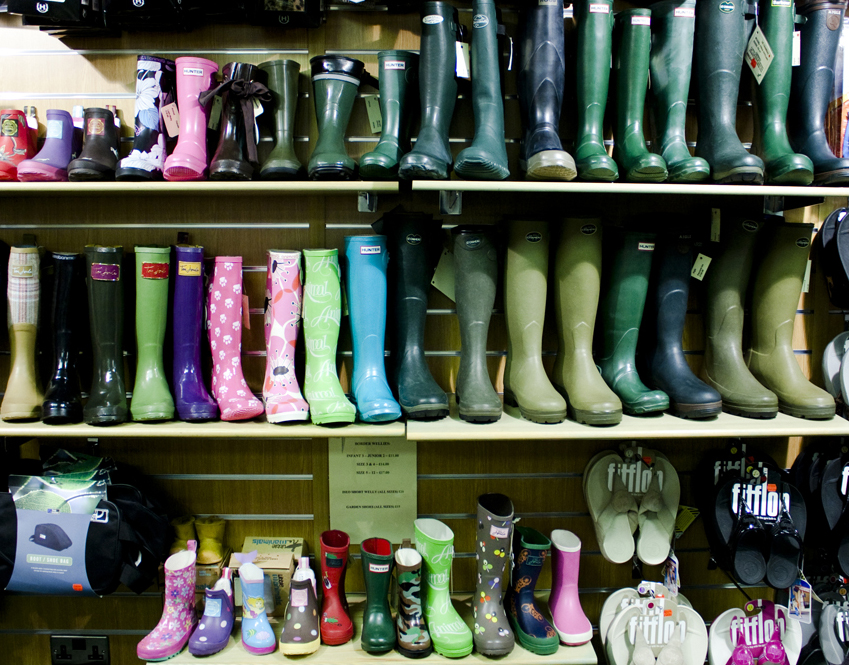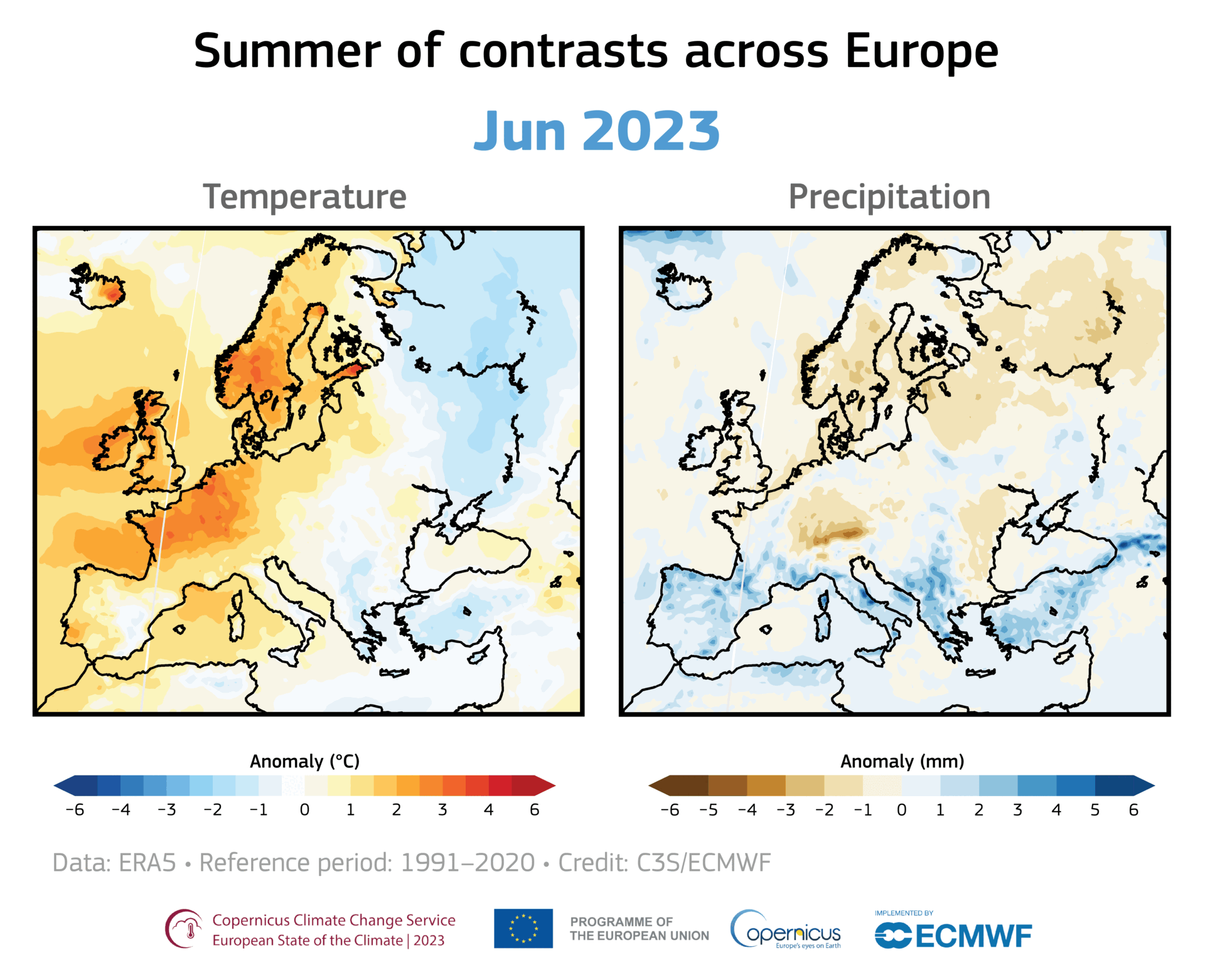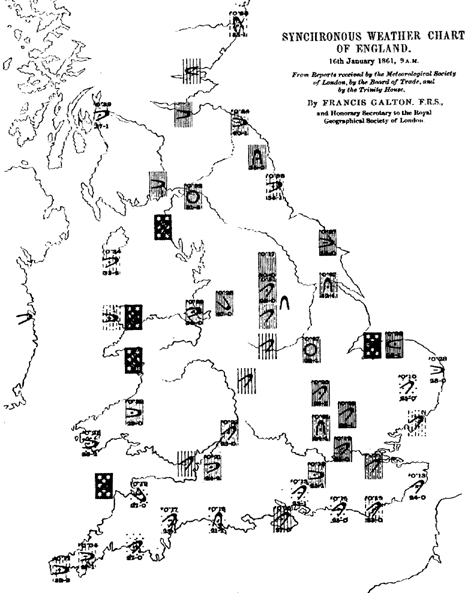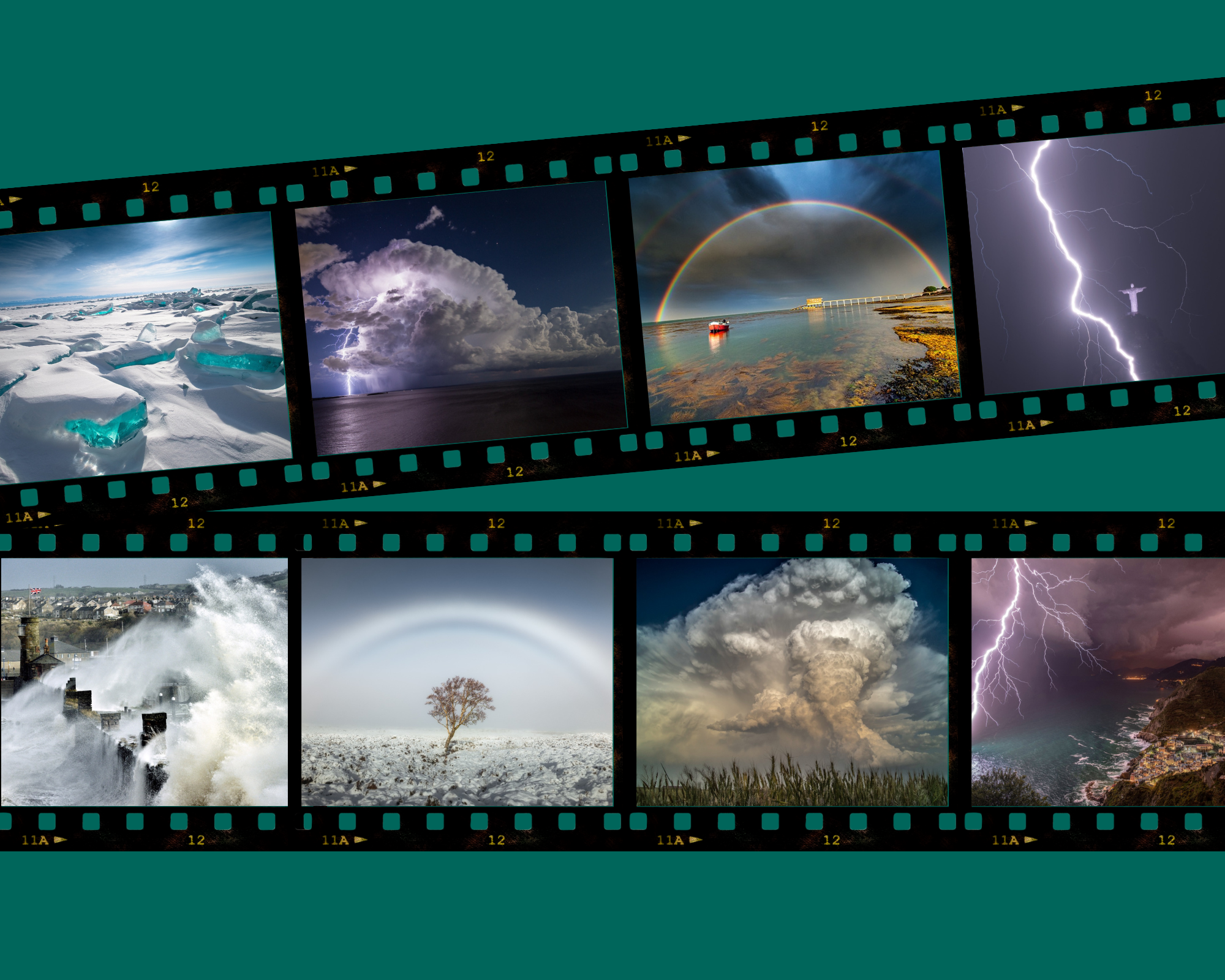

The rain it raineth every day: A snapshot of life in Britain's wettest town
Having access to the full text of this article is one of the many benefits of being a member of theWeather Club. Join now to read below the break.
Clare Finney visits Glen Etive, officially the wettest place in Britain, and discovers a place where the warmth of the welcome belies the damp chill of the elements
Maybe it was the signpost announcing ""Green Welly Stop – 1 mile"". Maybe it was the aroma of our damp, inappropriately-clad feet. Or maybe it was the sound of three inches of Highland water thudding onto the roof of our Peugeot. Either way, as we rounded the last of Lochaber's bruised purple hills and descended into Glen Etive, we became more convinced than ever that we really were about to explore the wettest town in Britain.
On average, says the Meteorological Office, 3,300mm of rain fall on Glen Etive each year, and it rains on more days than it doesn't. It is over 150mm wetter than Seathwaite in Cumbria, yet whereas Seathwaite rather revels in its reputation as England's wettest town, the lads and lasses of Glen Coe (Glen Etive's closest inhabited town) are, for the most part, blissfully unaware of their claim to fame.
""I'm quite sure it isn't the wettest place. I'm sure it's wetter in Glen Finnan up north,"" insists Alistair Hunter, chief stalker and the only full-time inhabitant of Dalness House, a Scottish National Trust estate. As a groundkeeper and a one-time amateur meteorologist for the Glen, Alistair is more attuned to the weather than most – yet even he seems surprised that his hometown is ranked as the nation's most sodden spot. ""When we had a rain gauge we compared our readings with other town in a wee Rainfall League, and Dalness was always about fourth,"" he says.
Whatever Alistair says, this is unquestionably a very wet place. This year, Dalness and neighbouring Glen Coe received not a single dry day throughout the whole of July. A few years before that it rained so hard, and for so long, that parts of the village actually got cut off by the resulting flooding. ""It rained 72 days in a row,"" recalls Lucy, a spirited young red head who was at school at the time, and remembers counting the days with her class. ""The crossroads were flooded, so you couldn't get out the village. We were stuck up the hill and my friend, who lives lower down next to the river couldn't get out either."" Over in Dalness, Alistair and his hunting crew had brought down a deer, but because the river had risen above the level of the bridge their pony was unable to cross to transport the carcass back. ""We had to hang the deer in a tree overnight, take the saddle off the pony and leave it overnight until the water went down.""
What is striking about these stories is that they stand out at all. One would assume that stranded houses and stuck cars are part and parcel of living in the wettest place in Britain, but in reality such incidents are remarkably rare. A steep incline and thin top soil make the Glens of Coe and Etive well suited to coping with the weather's daily onslaught. ""When it does flood it's really bad,"" Lucy explains, ""but it has only happened twice in my life."" The rest of the time, the area's network of streams and channels has kept the villages unscathed.
Indeed, you could even go so far as to claim that this run-off and the breathtaking physical landscape it has created is one of the area's most redemptive features. Certainly that's what local campsite owner Patsy Cameron thinks. ""We need it to be wet, we wouldn't have the beautiful countryside we have unless it was! The beautiful waterfalls, the lovely greenery, and look at the colour, if we didn't have the rain then..."" Patsy gestures vaguely towards the hills where, on a fine day, your gaze would be met by a glittering maelstrom of streams, burns and waterfalls, all falling over each other in their desperation to get downhill.
But it isn't a fine day. It's a miserable one. The village is shrouded in mist. The hills are shrouded in mist. The sound of waterfalls is just that - a sound, and the greens, pinks and purples of the surrounding countryside (at least what can be seen of them) are diluted by a fine gauze of drizzle. Visitors and villagers alike claim Glen Etive is one of the most beautiful places in the world – but if you never see it how can it possibly make up for it being one of the wettest?
""We're used to it,"" is the usual retort – used to it, and prepared. Most inhabitants have at least three waterproofs to their name, and when you hear talk about the latest ""mac technology"" they mean the jackets, not the computers. ""I've got five on the go on the moment, five on rotation,"" laughs the Scottish National Trust's manager for the area, Scott McConvey. Down at the golf course, Terry Goodwin tells us about a shockingly expensive pair of waterproof trousers he bought the other day, the latest in Columbia's Titanium range. ""It hasn't been wet enough for me to test them out properly yet,"" he says, looking out at the (by now rather light) drizzle with obvious disappointment. ""But they'll be really great when it's pouring.""
I should point out that by this point, my photographer and I are feeling deeply depressed. Our feet are wet. Our seats are wet. Our jeans and Barbour jackets, perfect for a grey London day, are no match for the relentless rain of the north and – to add insult to bone-chilling injury – we've left out hostel skylight open and our beds are sure to be soaked. Scott and Lucy have confessed to feeling ""a wee bit down"" after a month of continuous rainfall, yet we have barely been here two days. Surely there could be no 'southern softies' round here?
Cue visitor centre worker and long time Glen Etive enthusiast Sue. Like us, Sue hails from London, but she has no immediate desire to go back. ""I wanted to get away from London – for the scenery, for the easy way of life,"" she says. ""I've lived here 20 years, and I've never been tempted to leave because of the weather. You come prepared.""
Sue is one of an increasing number of southerners to be found heading for these hills. Squelching into Glen Coe's local several hours later, we find not one but several English roses indulging in Gs, Ts and a surprisingly raucous pub raffle. Keeping an eye on their tickets and an ear on the compere, they talk at length about the community spirit, sense of security and – above all – the incredible natural beauty that had driven them away from their native Liverpool towards the wettest place in the land. ""I've always wanted to live up here, and when I moved my daughter followed. You can't find scenery anywhere like it in the world"" Mrs Morland the elder explains. Her daughter agrees – ""It's better schooling than Liverpool, and better pastimes too: skiing, abseiling, canoeing – you name it they've done it"" – and underlines her praise with the revelation that ""we never lock the house when we go out"".
As well as being very trusting, the village is also quite unbelievably small. When we first met Lucy in the gift shop where she works, she told us she would never be able to sneak a drink in the pub because all the villagers knew she was still 17. Sure enough, as we trawled our around Glen Coe we found each person we spoke to was in some way connected to the last. Sue is Lucy's neighbour, Scott McConvey is friends with her dad, the hotel receptionist and the Youth Hostel receptionist are going out, and all this under the shadow of mountains and a bank of dank, grey cloud. It's a claustrophobic combination that would send most teenagers screaming for the nearest solvent – yet for her part, Lucy is actively embracing both the weather, and the fierce community spirit it has helped to engender. ""Some of my friends can't wait to leave, but I love it really,"" she grins, watching two waterproofed bairns chasing each other around and around the otherwise deserted patio. ""In the summer you can go sailing and swimming, and in the winter you can go skiing. I admit the in-betweeny bits are bad, but I've lived here my whole life. I'm not used to the sun.""
That evening, we go to see Lucy play the fiddle in a small folk group at the charming Loch Leven Hotel. Huddled next to the fire with an experimental dram of whisky, the heart-warming sound of Celtic tunes is almost enough to drown out the sound of the continuing rain and the thought of our leaking hostel room. When local lad Craig starts dancing to Caledonia Coming Home, we have to summon up all of our English reserve not join in.
Of all the reasons for staying in Britain's wettest place, the idea of home is one its residents just can't get away from. ""It's home isn't it? Wherever I am, it's here that's home,"" shouts Craig, his voice catching on a mixture of emotion and whisky. His wife Patricia agrees (though she admits she has a soft spot for Majorca) and for a moment the bar is united behind his maxim that ""if we didn't do things because of the weather then we wouldn't do anything at all"".
Golfers golf come hail or highwater, builders build because they must, and visitors to the watersports centre will find themselves on the loch whatever the weather. ""If they've booked a power boat three months in advance then they have to turn it up,"" says Ryan, whose passing trade is nonetheless completely at the mercy of the elements. ""Same with the yachting. If it's wet that week tough luck. I don't mind the rain – I'm wet most of the time, but it does really affect us business-wise""
Not everyone agrees with Craig's admirable creed. YHA worker Caroline is more than happy to watch the rain from the other side of a warm house, a good book and a nice long drink. ""I think my skin's not waterproof. I'll put the heating on early and stay cosy and have a wee wine."" Unlike her boyfriend, an ""annoyingly laid back"" hotel receptionist who barely notices the rain, she admits she often gets down about the weather – but that the pub, and the zealous 'après hike' activities, do wonders for her happiness in the darker months. ""By March you just think 'Oh come on, it must be over now. I've slept as much as I can and I'm five stone heavier' – but we all support each other. If someone is down we'll find a bottle of whisky somewhere and cheer each other up.""
The power of indoor life to provide universal respite cannot be underestimated. When we speak to Lucy after her fiddle rehearsal, she is as excited about next month's cailidh in the village as Mrs and Miss Morland were about its weekly craft workshops. Craig's wife is excited too, she says, ""though I've given up hope of my hair not being frizzy"". Remoteness and community ties are all well and good - but when a village hall starts claiming a fanbase under 50 you can't help but wonder if the fact it's always raining hasn't got something to do with it.
The weather outside is frightful. The builders are moving on. The campers – those who didn't come trailing a caravan – are cowering in the village bus stop. ""I'd rather eat fast food in Glasgow than spend another night in this,"" explains one, and for once I'm tempted to agree. Though we've been promised a lovely day tomorrow, in a town where every hotel boasts a Drying Room and Sauna, I've as much faith in seeing sunshine tomorrow as I do the Second Coming.
Which just goes show how lacking in faith I am. Next morning we wake up not to the patter and splatter of raindrops, but to birdsong and, curioser still, a kids' football game. Outside, the loch's once featureless slatey-black waters are starting to show some glimmer of reflection: the sun is trying to break through.
Just as we start our final ascent from the village, the rays seize their chance. Cars stop, cameras click and tourists and locals alike gaze in awe as Glen Coe – gloomy, grey old Glen Coe – is for once brilliantly illuminated.
Britain's wettest places – average annual rainfall
1. Dalness, Glen Etive, Highland – 3.3m
2. Seathwaite, nr Borrowdale, Cumbria – 3.15m
3. Glenfinnan, Loch Shiel, Highland – 3.02m
4. Inverarnan, Loch Lomond, Stirling – 2.69m
5. Inveruglas, Loch Lomond, Argyll and Bute – 2.66m
6. Capel Curig, Gwynedd – 2.56m
7. Wythburn, Lake Thirlmere, Cumbria – 2.54m
8. Chapel Stile, Cumbria – 2.49m
9. Tyndrum and Crianlarich, Stirling – 2.49m
10. Lochgoilhead, Argyll and Bute, Argyll – 2.46m
"




